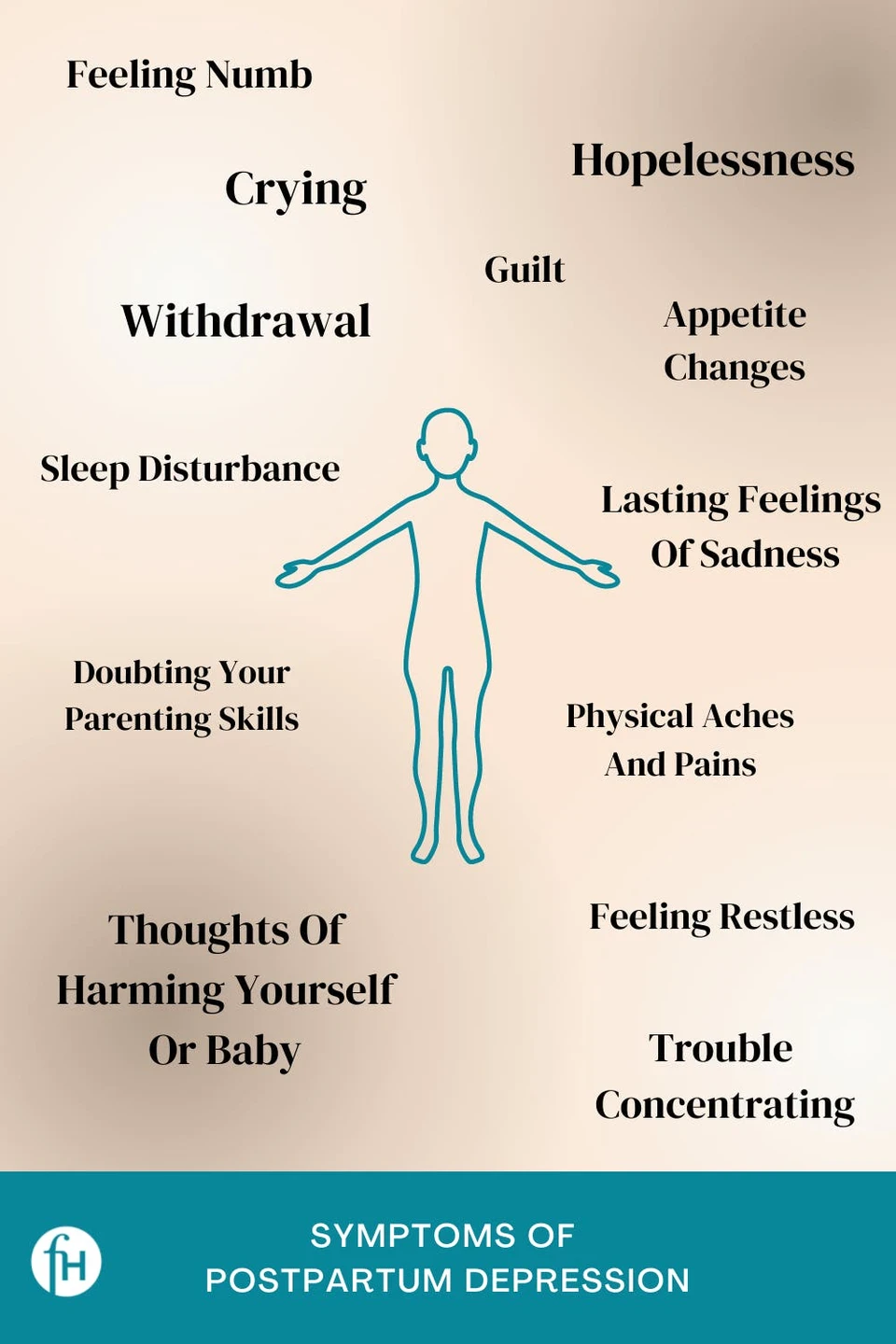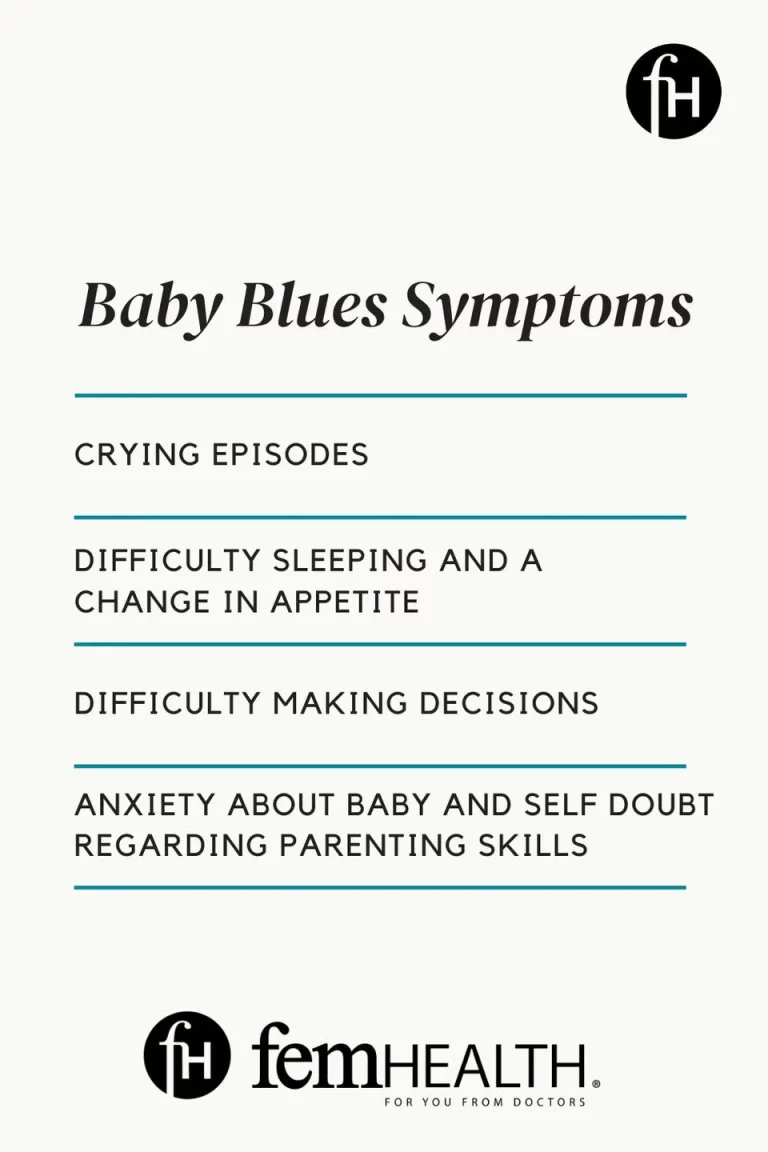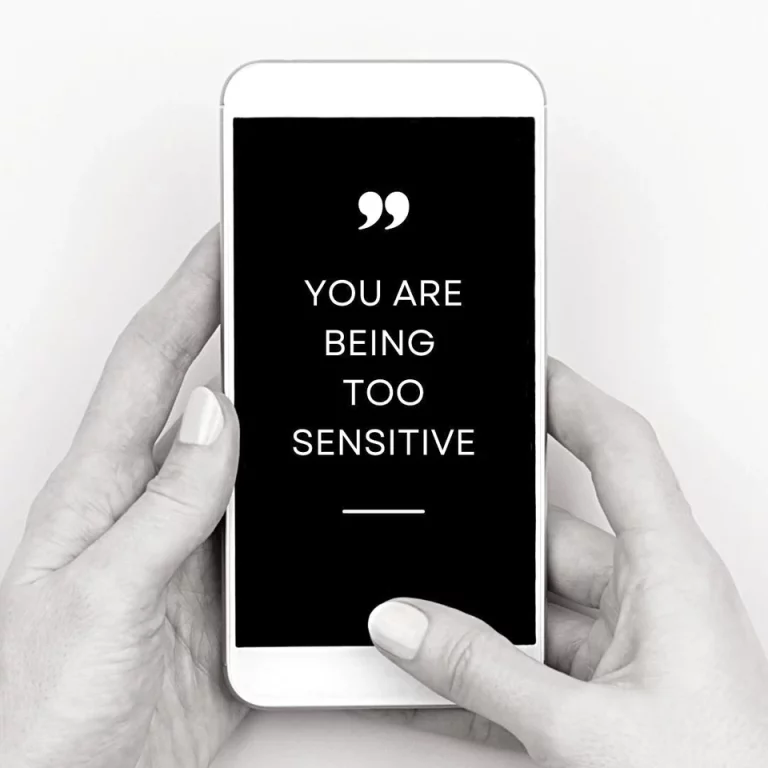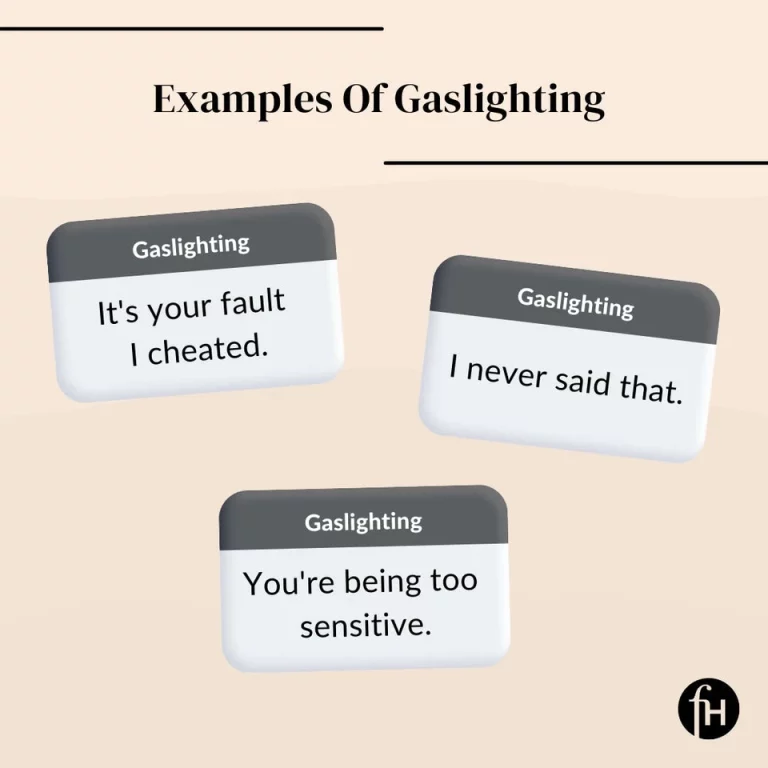Symptoms For Postpartum Depression
It is critical that women and pregnant persons are supported mentally, physically, and emotionally in the days and months following delivery of a baby. While a postpartum depression screener should be done by your OB GYN at your post delivery visits, it is a good idea to be aware of the symptoms of postpartum depression.
Postpartum Depression Symptoms
Here are some of the most common symptoms of postpartum depression, also abbreviated as PPD. Women may experience symptoms beyond those listed below as well (1). Postpartum most commonly starts about 1–3 weeks after childbirth.
- Crying more often than usual, sometimes without cause
- Withdrawal from loved ones
- Feeling numb or disconnected from the baby
- Needing a break from the baby and motherhood
- Worrying that you will hurt the baby
- Feeling guilt about not being a good parent
- Doubting your ability to care for your child
- A lasting feeling of sadness, anxiety, or emptiness
- Feelings of hopelessness
- Feeling Irritable or restless
- Loss of interest in activities
- Aches or pains that don’t go away with treatment
- Difficulty concentrating, remembering things, or making decisions
- Difficulties with sleep – either sleeping too much or trouble staying/falling asleep
- Changes to your appetite
- Feeling worthless
- Thoughts of suicide or suicide attempts
- Thoughts of hurting the baby or yourself
In order to identify symptoms for postpartum depression, it is important to be vigilant yourself, but also to communicate what you are feeling with your doctor. Many pregnant persons suffer in silence or think that feeling very sad is common and something they should just endure. Postpartum depression is more severe than having baby blues. Baby blues typically resolve within 1 to 2 weeks with no treatment.
The American College of Obstetrics and Gynecology recommends all postpartum persons should have contact with a maternal care provider within the first 3 weeks following delivery. For some people, it may not be sufficiently addressed during this time, and many people will need the help of a therapist or mental health professional to help them through this time. After the 3 week visit, the need for ongoing care should be assessed. If it is determined that no interim care is needed, this visit should be followed up with a comprehensive postpartum visit no later than 12 weeks after giving birth (2).
Peripartum Depression
Recently, the term postpartum depression is being used less and the term peripartum depression is being used more. Peripartum depression includes depression that can happen during pregnancy or after childbirth, and thus is inclusive of the postpartum time period. By using the word peripartum, the scientific community is recognizing that depression associated with having a baby may not start after delivery, but can even begin during the pregnancy itself (3).
Treating Postpartum Depression
Related: Baby Blues Syndrome Vs Postpartum Depression
You may need treatment for postpartum depression if you are experiencing several of the symptoms listed above for longer than two weeks, if your depressive feelings are getting worse, and you are having difficulty taking care of your child or yourself. Additionally, seek medical attention immediately if you have thoughts of suicide, thoughts of harming yourself, or harming your child.
Peripartum depression, which includes postpartum depression, can be managed with psychotherapy (talk therapy), medications, lifestyle changes and building a supportive environment. If you are pregnant or breastfeeding, it is recommended by the American Psychiatric Association that talk therapy be started as first line treatment, but only if the symptoms of postpartum depression and postpartum anxiety are mild. If you are having more severe symptoms, then medication use may be needed. You will need to discuss with your doctor which medications are safe for use depending on your individual situation.
How Common Is Postpartum Depression?
There are studies to show that postpartum depression and peripartum depression can occur in about 1 in 7 pregnant persons, or approximately 13% to 14% of pregnancies (4).
Symptoms For Postpartum Depression: Take Home Points
Postpartum depression is a serious illness that requires close follow up and medical attention. For moms experiencing perinatal depression, one or two follow up appointments with medical doctors may not be enough. Many patients with PPD will require frequent follow up and chronic care from a multitude of specialists ranging from mental health professionals as well as an OB GYN and a primary care doctor. The term peripartum depression is being used as well now by clinicians and the medical community to account for the fact that depression may happen during pregnancy as well and continue into the postpartum period. It is important to communicate symptoms to your healthcare provider and not suffer in silence. If you have thoughts of harming yourself or someone else, seek medical help immediately.
Sources:
- https://www.cdc.gov/reproductivehealth/depression/index.htm#Postpartum
- https://www.acog.org/clinical/clinical-guidance/committee-opinion/articles/2018/05/optimizing-postpartum-care
- https://www.psychiatry.org/patients-families/postpartum-depression/what-is-postpartum-depression
- https://jamanetwork.com/journals/jamapediatrics/fullarticle/383936
We discuss products we think are useful to people. If you buy something through our links, we may earn a commission. Remember to check with your personal physician to see if a product recommended is right for you.





